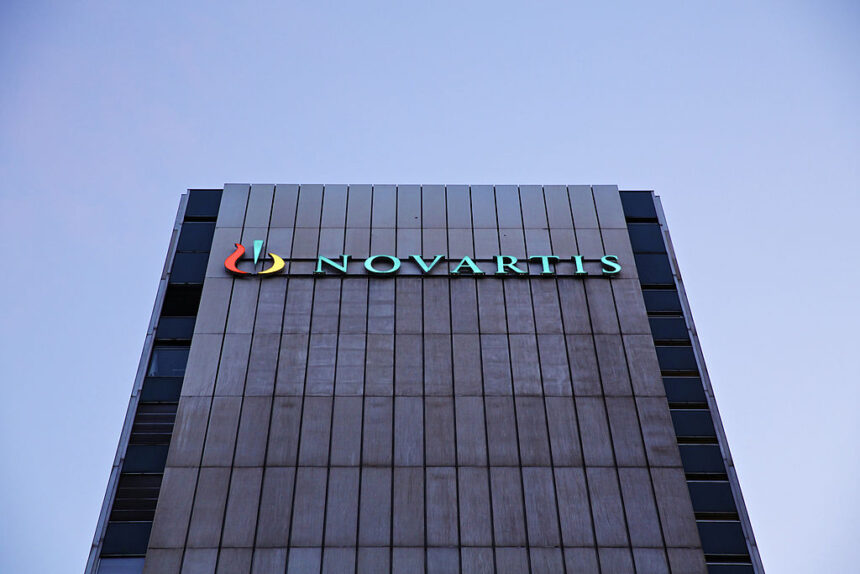Legend Biotech announced earlier this week that its subsidiary entered into an exclusive, global license agreement for a drug candidate with Novartis.
Legend Biotech Ireland Limited, a wholly owned subsidiary of the biotech, is licensing LB2102 and other potential CAR-T cell therapies targeting Delta-like ligand protein 3 (DLL3) to Novartis for $100 million upfront with the potential to receive up to $1.1 billion in milestone payments.
There is momentum behind LB2102, which received clearance from the Food and Drug Administration for its Investigational New Drug application last year and is currently enrolling for a Phase 1b clinical trial with the hopes of publishing data next year.
Novartis will cover the costs for the trial and conduct all other development for the licensed products under this deal.
Earlier this year, LB2102 also received an Orphan Drug Designation from the FDA.
This marks another major licensing agreement for Novartis, which signed a $1.3 billion deal with South Korea-based drugmaker Chong Kun Dang Pharmaceutical for its drug candidate CKD-510 last week.
The deals come weeks after the Swiss pharma giant reported sales up 12% year-over-year at constant currencies thanks to the strong growth from Kesimpta, Entresto and Kisqali, among other products.
As for Legend Biotech, Guowei Fang, the company’s chief scientific officer and head of business development, told MM+M that a fundamental driver for the deal was bringing together both organizations’ respective technologies and resources to combat small cell lung cancer, which accounts for between 10% to 15% of all lung cancer diagnoses.
Fang added that the involvement of Novartis will lift manufacturing limitations Legend faced in developing LB2102.
“Novartis’ T-Charge platform and the one-day expansion process can substantially reduce the manufacturing obstacles, so that’s the place where we see synergy to build a stronger product profile and hopefully deliver the medicine to patients quicker,” he said.
Many bluechip pharma and biotech companies engage smaller healthcare companies in licensing deals for promising candidates, especially in the CAR-T therapy space over the past few years.
Looking at the broader investment in CAR-T therapy, Fang said the space has proven its commercial success to large drugmakers. He added that treating solid tumors is likely to provide companies with an opportunity for investment going forward.
Passing along advice to other biotech executives evaluating pharma licensing deals coming down the line, Fang said leaders shouldn’t treat it as merely a transaction and instead look to align on goals related to innovation and infrastructure capabilities.
“A licensing deal is trying to combine the strengths of both sides, including organizationally and technologically,” he said. “In this particular case, from our perspective, we get an infusion of capital which will allow us to invest further into our pipeline.”







